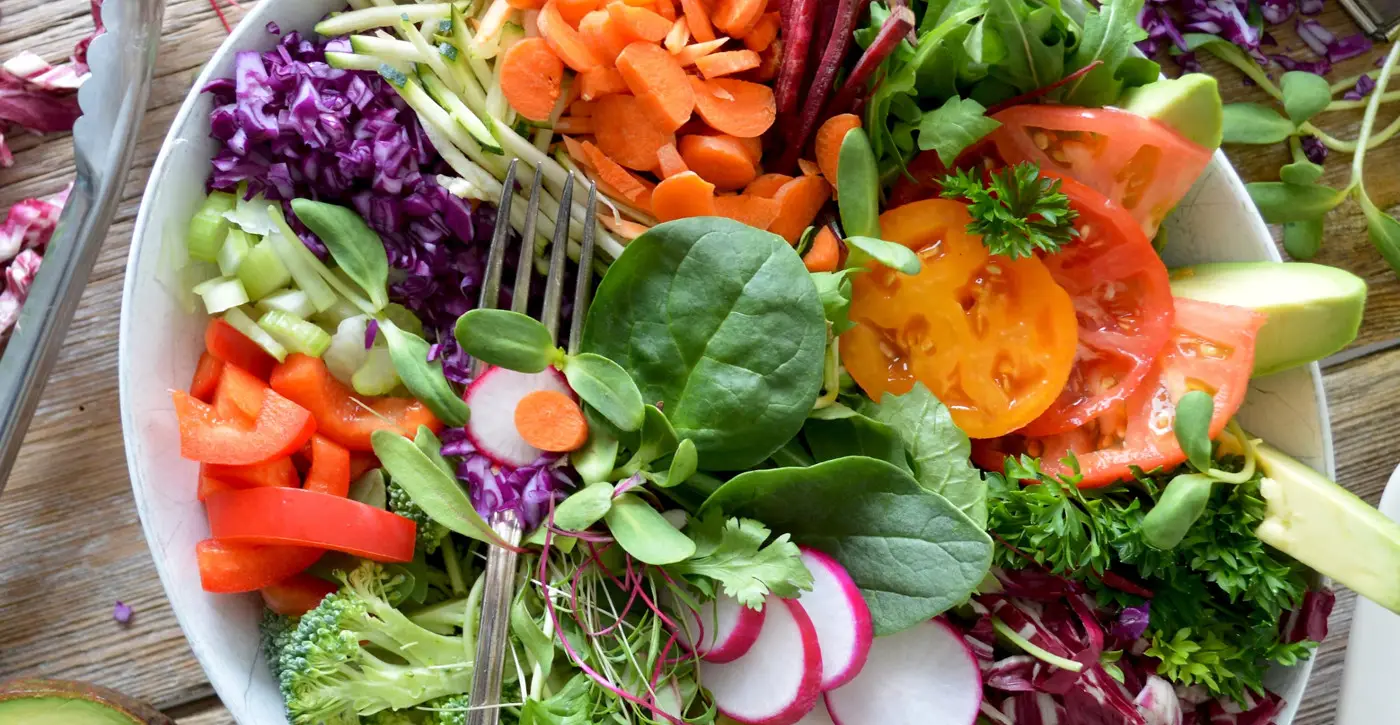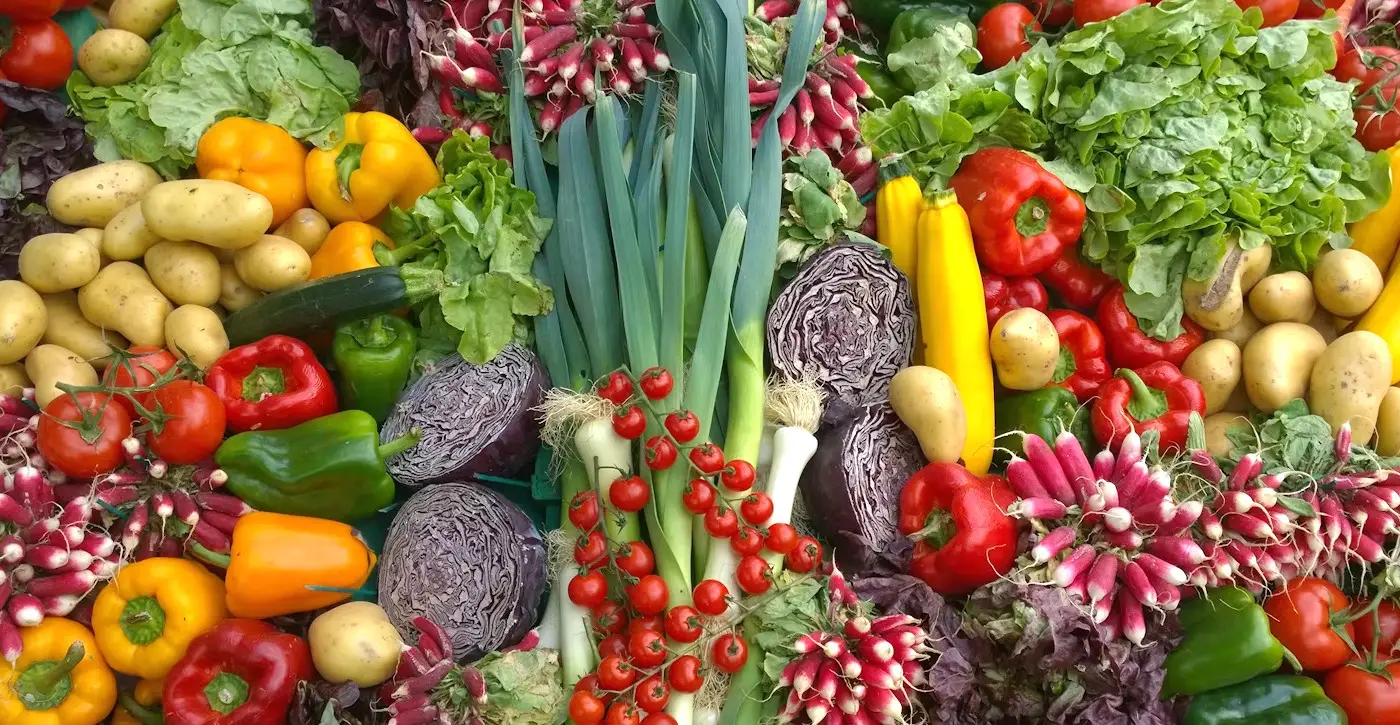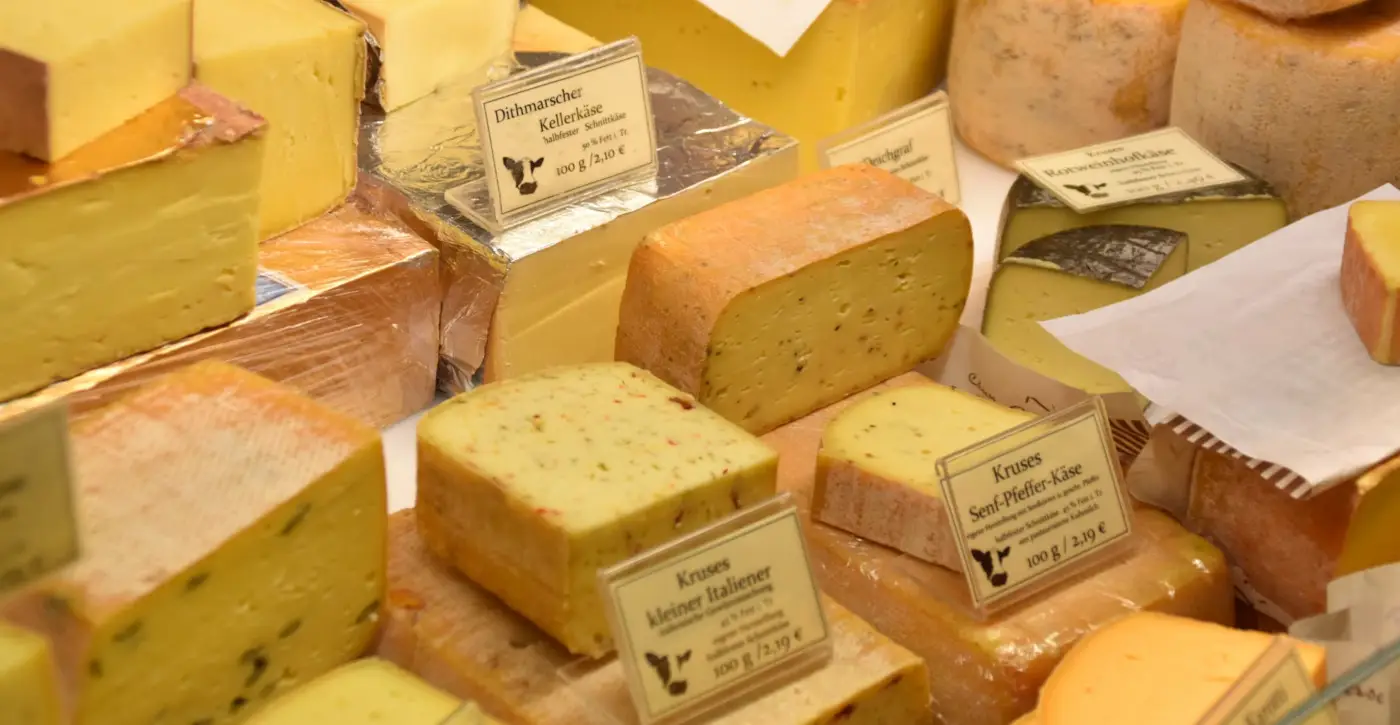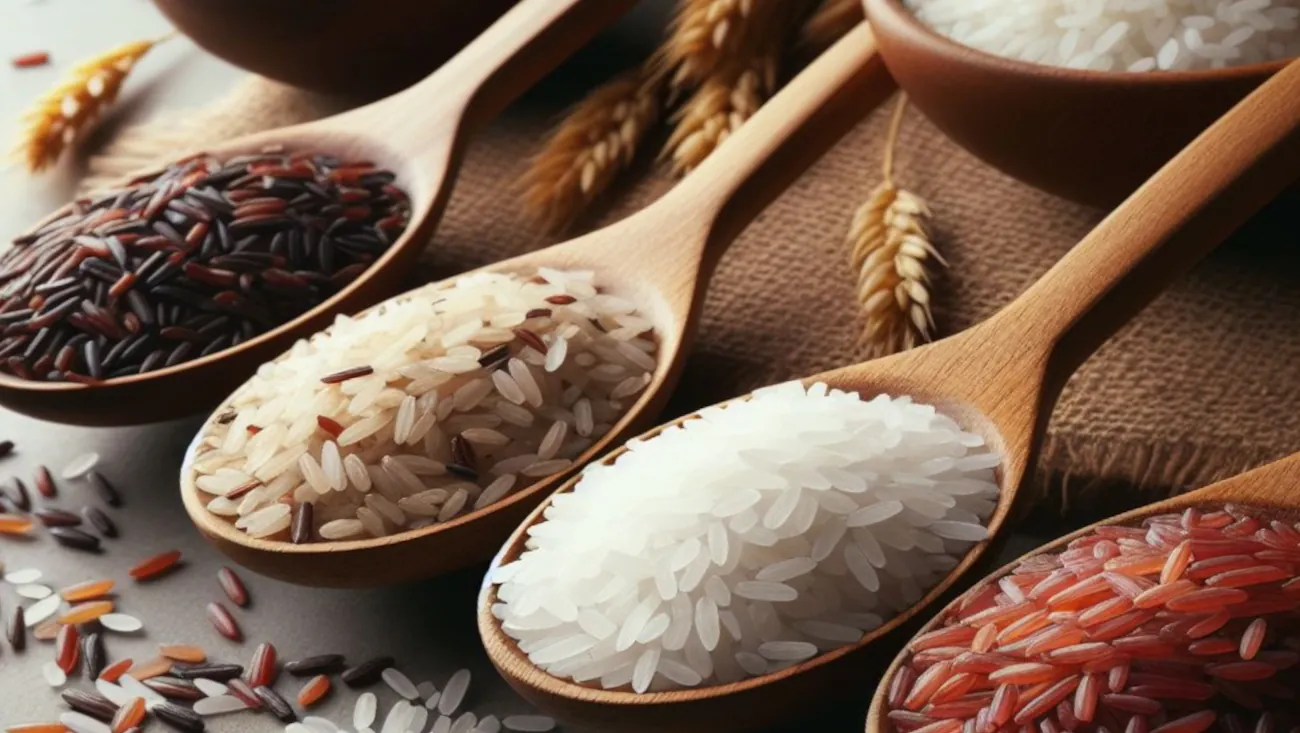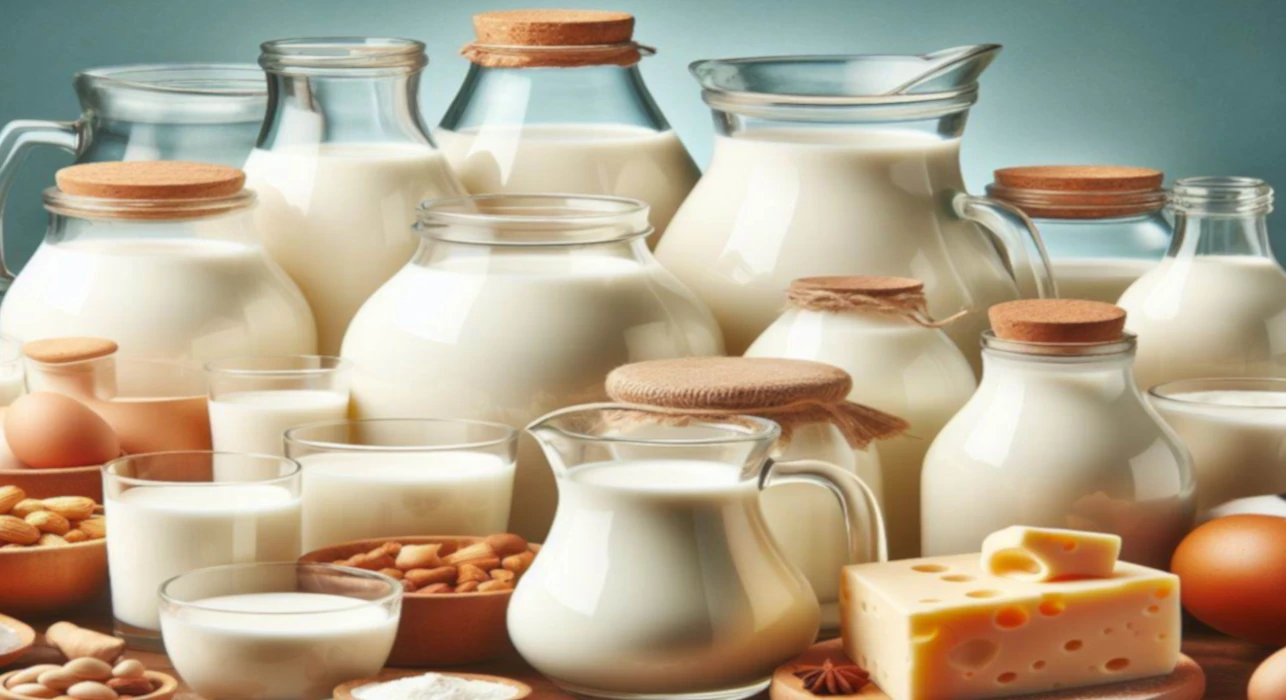Jerusalem Artichoke Lysine and Arginine Info Sheet
Overview
Jerusalem artichokes, also known as sunchokes, are tubers that are native to North America.They have a sweet, nutty flavor and can be eaten raw or cooked.
Jerusalem artichokes are a good source of dietary fiber and contain a number of essential vitamins and minerals.
| Name | Lysine (mg/100g) | Arginine (mg/100g) | Ratio |
|---|---|---|---|
| Jerusalem Artichoke | 286.6mg | 1031mg | 0.278 |
Jerusalem Artichoke contains 286.6mg of Lysine and 1031mg of Arginine per 100g of product.
This means Jerusalem Artichoke has a low Lysine-Arginine ratio of 0.278.
Because Jerusalem Artichoke contains much higher levels of arginine than lysine, limiting its consumption is recommended by people who suffer from herpes, as it may trigger outbreaks.
Lysine Considerations
Lysine is an essential amino acid that plays a vital role in building muscle, maintaining bone strength, aiding recovery from injury or surgery, and regulating hormones, antibodies, and enzymes.
A 100g serving of Jerusalem artichokes contains 286.6mg of lysine.
It's one of the nine amino acids that the body can't produce, so it must be included in our diet.
Lysine has many roles in the body, such as aiding in growth, healing, energy production, immune function, and the production of collagen.
Research indicates that lysine may have an impact on the herpes virus, which is responsible for cold sores and genital sores.
Taking lysine supplements or using lysine cream could potentially prevent or treat these infections by slowing down the amino acid arginine, which the virus requires for growth.
Arginine Considerations
Arginine is a semi-essential amino acid that is needed for the body to make proteins.
It plays a role in cell division, wound healing, removing ammonia from the body, immune function, and the release of hormones.
A 100g serving of Jerusalem artichokes contains 1031mg of arginine.
Arginine can contribute to cold sore outbreaks, which are blisters caused by the HSV-1 virus, also known as herpes.
Arginine aids in the growth of HSV-1, which needs this particular amino acid to multiply and infect cells.
Arginine can be obtained through our diet, and is found in many high-protein foods such as nuts, seeds, and chocolate.
Regrettably, the herpes virus is known to "feed" on arginine, and a diet abundant in arginine compared to lysine may increase the frequency and severity of cold sores and herpes outbreaks.
Lysine-Arginine Ratio
The lysine to arginine ratio in Jerusalem artichokes is approximately 0.278, which means it contains more arginine than lysine.
This ratio can be important for certain health considerations, such as managing the herpes simplex virus, which requires a higher lysine to arginine ratio.
Lysine and arginine are both amino acids that are involved in protein synthesis and other metabolic processes.
That said, they have opposite effects on the herpes simplex virus, which causes cold sores and genital herpes.
Lysine can prevent the replication of the virus, while arginine can stimulate it.
Because of this, eating foods that have a high lysine-arginine ratio may help reduce the frequency and severity of herpes flare-ups.
Some examples of foods that have a high lysine-arginine ratio are dairy, fish, poultry, fruits, and vegetables.
These foods can provide the body with enough lysine to block the availability of arginine by the virus, and thus prevent its growth and spread.
Dietary Considerations
Most vegetables are poor in in calories and rich in in vitamins, minerals, and antioxidants.
Many vegetables have more lysine than arginine, such as beets, turnips, tomatoes, soybean sprouts, potatoes, celery, sweet potatoes, squash, and green beans.
These vegetables can help prevent or treat herpes outbreaks, as lysine can suppress the herpes virus.
Other vegetables have more arginine than lysine, such as peas, carrots, broccoli, cauliflower, and mushrooms.
These vegetables can still be consumed in moderation, as they have other health benefits.

For example:
A diverse and nutritious diet that supports your immune system and fights inflammation is essential.
This means you should eat lots of fruits, vegetables, whole grains, lean protein, and healthy fats, and steer clear of processed foods, added sugars, alcohol, and caffeine, which can harm your health.
Make sure to drink plenty of water to keep yourself hydrated and eliminate toxins from your body.
Water can also help you avoid dryness and irritation of the skin and mucous membranes, which can lead to outbreaks.
Consider taking l-lysine supplements, which can help prevent herpes outbreaks and stop a cold sore before it emerges by limiting the availability of arginine for the virus, which it requires to produce a cold sore.
Avoiding foods that can cause allergic reactions or sensitivities, such as gluten, dairy, nuts, eggs, or shellfish.
These foods can trigger inflammation and weaken your immune system, making you more susceptible to outbreaks.
Eating foods that can soothe your symptoms and speed up your healing process, such as honey, yogurt, aloe vera, and chamomile.
These foods have anti-inflammatory, antiviral, and antibacterial properties that can reduce pain, swelling, and itching, and promote tissue repair.
Check more food information
